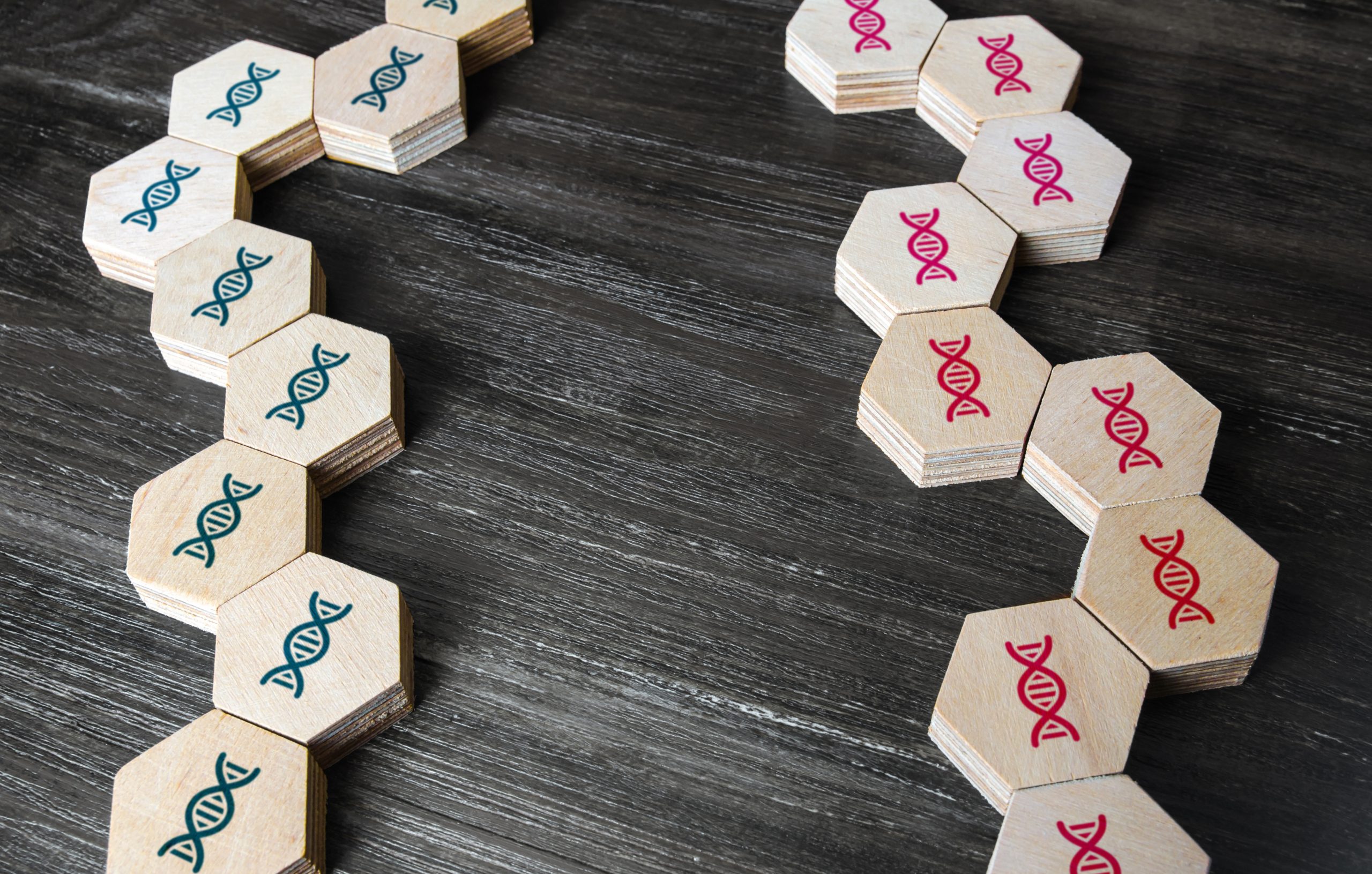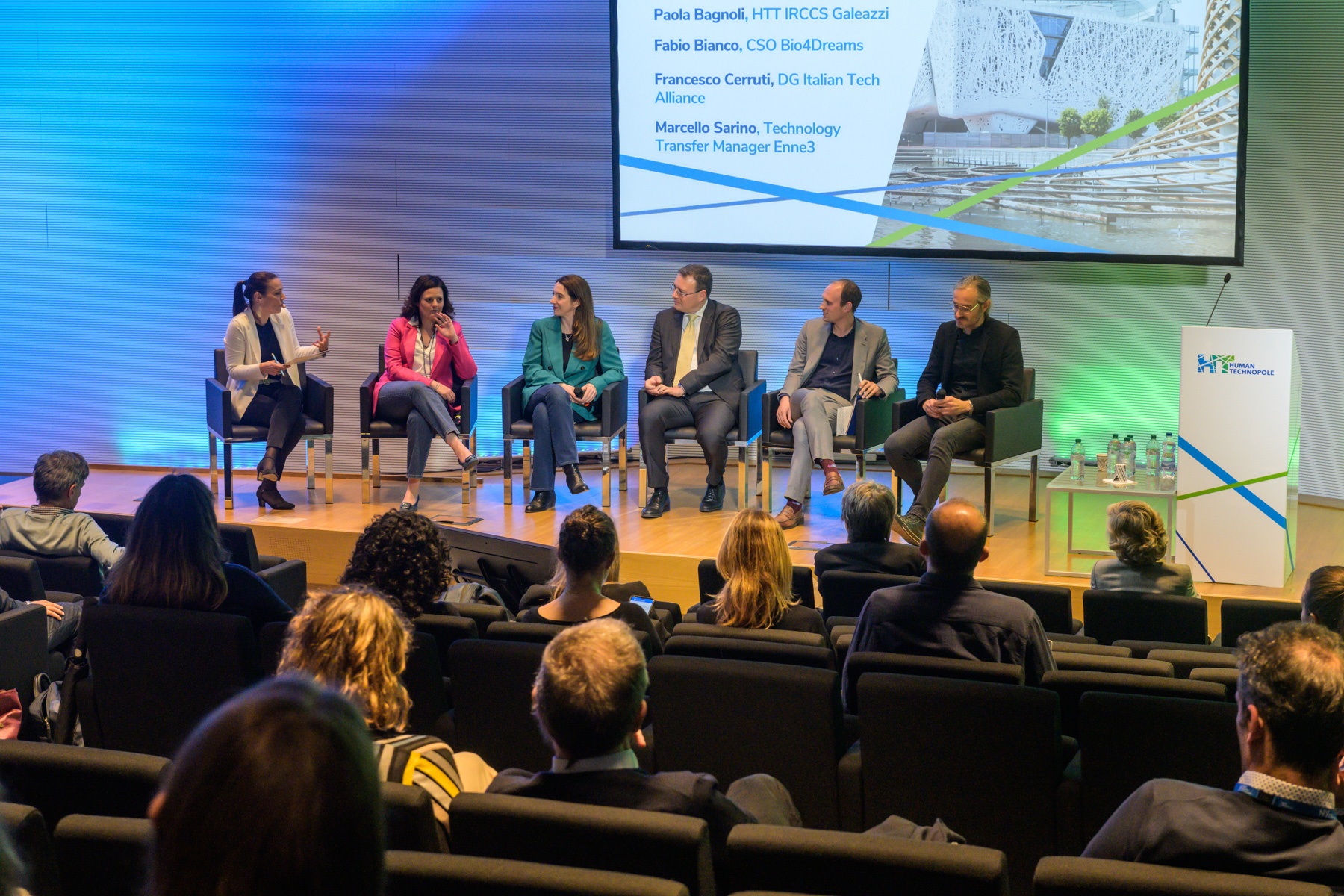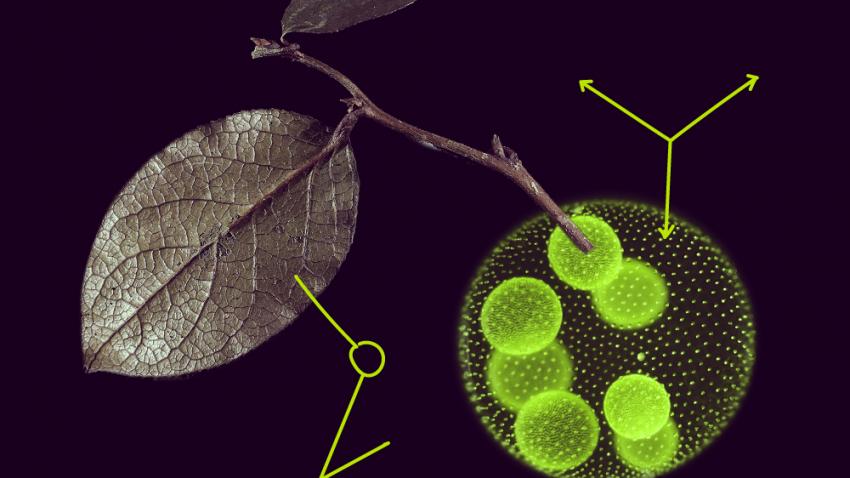Immune-mediated diseases: different but similar
More than 80 immune-mediated diseases have been identified to date. However, it is unclear whether the same genetic factors underpin their onset. By coupling statistical methods with genome-wide association studies (GWAS), the Soskic group has shown that diverse immune-mediated diseases have distinct genetic patterns that converge on activating the same cells and signalling pathways. Immune-mediated […]
The MIND behind: techtransfer dialogues – highlights
As part of the MIND Innovation Week, on May 11 2023, Human Technopole’s Centre for Innovation and Technology Transfer (CITT) organised an event dedicated to technology transfer in life sciences, starting with a success story from the ecosystem of MIND – Milano Innovation District. We gave space to the story of Beatrice Riva, researcher and […]
2 PhD opportunities at HT through DADS
Human Technopole is offering up to 2 fully funded PhD fellowships to young scientists from the national and international community who wish to undertake a doctoral degree in Data Analytics and Decision Sciences on a project focused on Health Data Science or Population and Medical Genomics. We encourage applications from highly motivated graduates with outstanding […]
Marie Skłodowska-Curie Actions Postdoctoral Fellowships 2023 at HT
Human Technopole is looking for enthusiastic postdoctoral researchers interested in applying for Marie Skłodowska-Curie Actions Postdoctoral Fellowships 2023. Projects should focus on one of the areas of the five HT’s Research Centres: Computational Biology, Structural Biology, Genomics, Neurogenomics and Health Data Science. The objective of PFs is to support researchers’ careers and foster excellence in research. The Postdoctoral Fellowships action targets […]
Human Technopole: New Early Career Fellows Announced
Which brain connections coordinate the sense of sight with movement, for example maintaining stable vision while walking or moving our eyes? How is cholesterol formed and what functions does it have in its intermediate steps? These are the topics of the research projects awarded the Early Career Fellowship Programme, a call for proposals launched by […]




